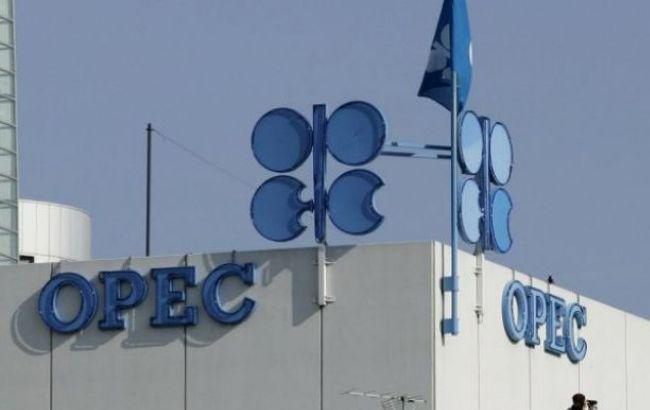Baku, Azerbaijan, May 30
By Leman Zeynalova – Trend:
OPEC (and non-OPEC) is in a long-term conflict with shale oil and financials, Cyril Widdershoven, a Middle East geopolitical specialist and energy analyst, a partner at Dutch risk consultancy VEROCY and SVP MEA-Risk, told Trend.
“Based on the current OPEC decision, a possible positive effect on oil storage and removal of parts of the oil glut are to be expected,” he said. “However, the commitment of both sides is necessary to deal with the growing pressure by OPEC members and others to address a more flexible approach soon. Iran - Iraq are to be watched very closely, as they could be destroying the deal from within.”
General feeling is that OPEC decisions were normal, as to be expected, at present no other options to deal with the pressure on them, according to the expert.
Widdershoven believes the meaning behind the deal of 6+3 months is that OPEC understands it will need to keep all in place longer to see a deeper effect in general.
Where the market is wrong is that they all only look at the developments in the US, where storage is still high, he added.
Part of this is that OPEC members, such as Saudi Arabia, have transferred their storage volumes to the US, so volumes there are still kept high, said the expert, adding that overall, the storage is showing a decline, but the market likes to ignore it.
“The deal could have been much more effective if it would have included two new issues: 1) from a production cut to an export cut in volumes, which would have shown a direct effect on international storage volumes; 2) change from a crude oil focus to include also petroleum products,” he said.
The latter would have been very effective, as it would have removed the products from the market, leaving not only the West and Asia to use existing inhouse storage volumes, but also would take out the opportunities for OPEC to circumvent their own agreements, Widdershoven believes.
He pointed out that Saudi Arabia, Kuwait, UAE or Russia are still able to export petroleum products from their own national refineries, leaving less room for a real effect on the market.
A deeper cut would have given only others more room to take market share and to block the effects, according to the expert.
On May 25, OPEC member countries and non-OPEC parties, Azerbaijan, Kingdom of Bahrain, Brunei Darussalam, Kazakhstan, Malaysia, Mexico, Sultanate of Oman, the Russian Federation, Republic of Sudan, and the Republic of South Sudan agreed to extend the production adjustments for a further period of nine months, with effect from July 1, 2017.
The reductions will be on the same terms as those agreed in November.
---
Follow the author on Twitter: @Lyaman_Zeyn






